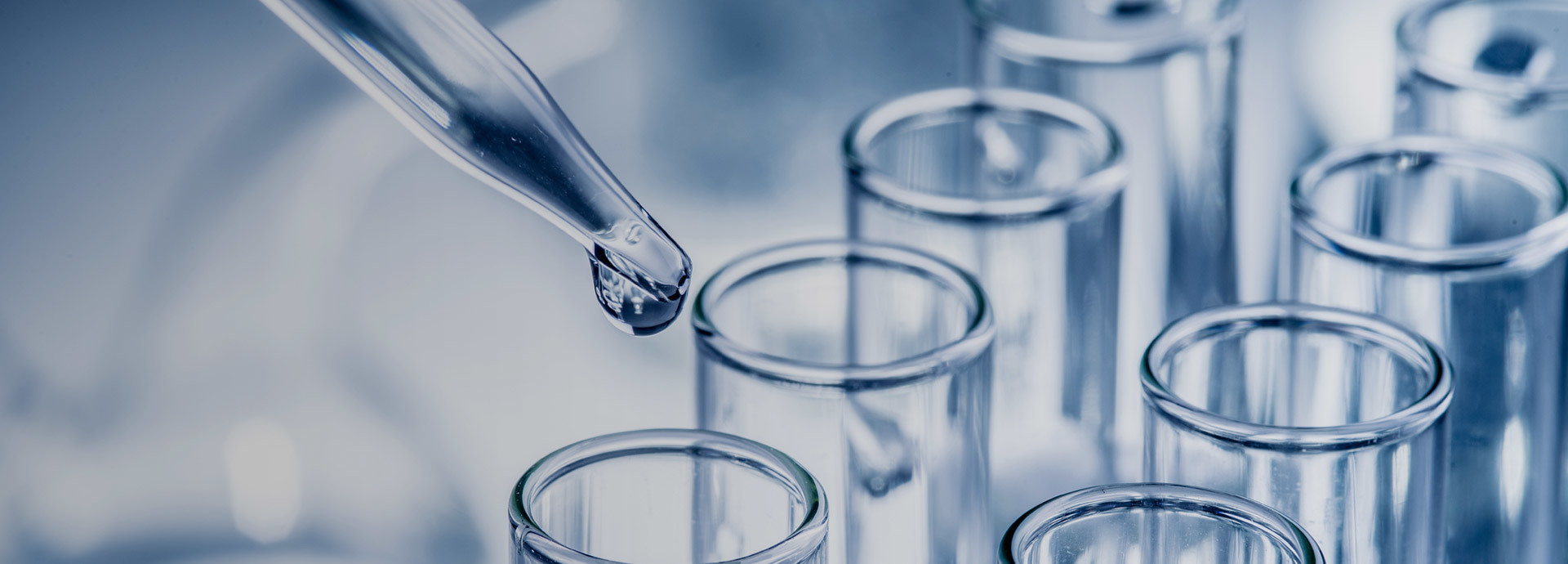
PRODUCTS
PRODUCTS
CONTACT US
021-37599878
+86 18019087118
Room 920, No.258, Yunhe North Road, NanQiao Town, Fengxian District, Shanghai
Anhydrous Lithium Sulfate
Molecular Formula:Li2SO4
CAS NO.:10377-48-7

Consultation Hotline:

Product Introduction
Molecular Formula : Li2SO4
CAS NO. : 10377-48-7
Product Introduction : is colorless monoclinic crystal or white crystalline powder, soluble in water, insoluble in acetone and anhydrous ethanol. 25℃is25.7 percent.
Quality Standards :
Use : used as a special high-strength glass raw material; used as an analytical reagent, also used in the pharmaceutical industry; used in the production of food and synthetic beverage flavoring agent.inSelf-leveling mortar in the construction field can significantly accelerate the hydration rate of cement and promote the early strength of concrete.
Packing : 25 kg/bag, plastic inside and woven outsideor on-demand packaging.
Physical and chemical properties:
Colorless monoclinic crystals. Lose crystal water at 130℃. Soluble in 2.6 parts of water, almost insoluble in ethanol. The aqueous solution is neutral. The relative density is 2.06. The melting point is 859℃. The median lethal dose (mouse, oral) is 1190mG/kG.
There are three crystal forms: α, β, and γ. The α form is a white monoclinic crystal, the β form is a hexagonal crystal, and the γ form is a cubic crystal. It is hygroscopic. The monohydrated lithium sulfate crystallized from the concentrated aqueous solution is very stable.
Synthesis method:
1. Lithium carbonate method: Add lithium carbonate solution to the reactor, slowly add sulfuric acid under stirring to react, evaporate and concentrate, cool and crystallize, centrifuge to obtain lithium sulfate monohydrate, and dry to obtain lithium sulfate. The reaction equation is:
Li2CO3+ H2SO4→ Li2SO4+ H2O + CO2↑
2. Slowly add dilute sulfuric acid to the lithium carbonate suspension under constant stirring, and be careful to prevent the reactants from overflowing due to excessive reaction caused by adding the acid too quickly. React until the suspension is completely dissolved to obtain an aqueous solution of lithium sulfate. Evaporation and concentration can crystallize lithium sulfate monohydrate from the aqueous solution. Place lithium sulfate monohydrate in an oven and heat to 120℃ to dehydrate to obtain anhydrous salt.
Application Areas
The application fields of anhydrous lithium sulfate mainly include the following aspects:
1. Battery field: Anhydrous lithium sulfate has important applications in the battery field, mainly used to manufacture electrolytes for lithium-ion batteries. Its high ionic conductivity and good thermal stability make it perform well in battery manufacturing. 1.
2. Glass and ceramic field: In glass and ceramic manufacturing, anhydrous lithium sulfate is used as a flux and high-temperature sintering agent. It can reduce the melting point of glass, promote the melting and forming of glass, and increase the sintering temperature and density of ceramics. 12.
3. Special high-strength glass: Anhydrous lithium sulfate is an important raw material for the production of special high-strength glass. It can improve the strength and heat resistance of glass, so that the manufactured glass has better performance. 23.
4. Pharmaceutical industry: In the pharmaceutical industry, anhydrous lithium sulfate is also used, and can be used as a raw material or intermediate for drug synthesis. 23.
5. Other applications: In addition, anhydrous lithium sulfate can also be used to produce high-purity alumina, analytical reagents, and flavoring agents for food and synthetic beverages23.
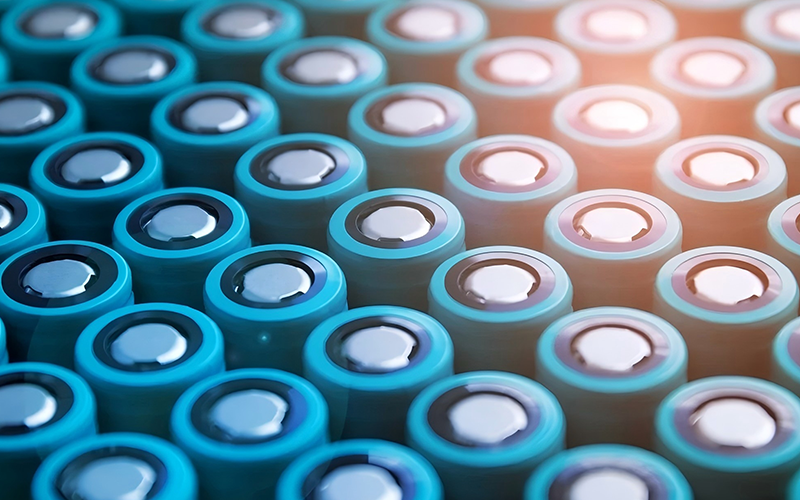
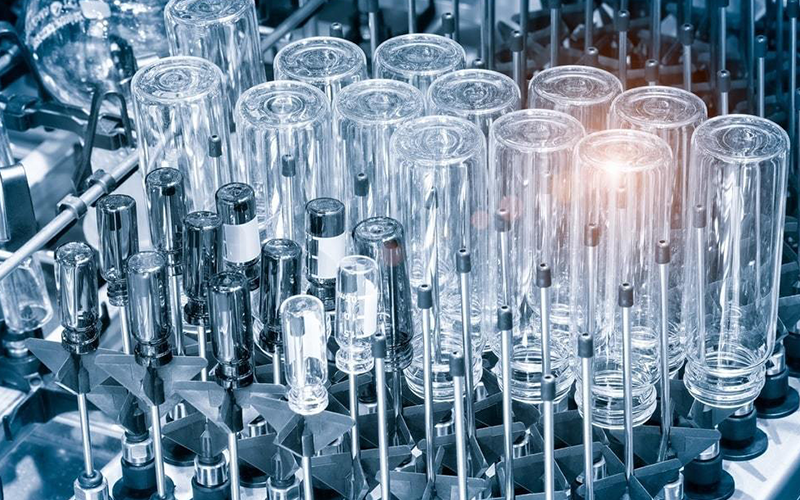

CERTIFICATE
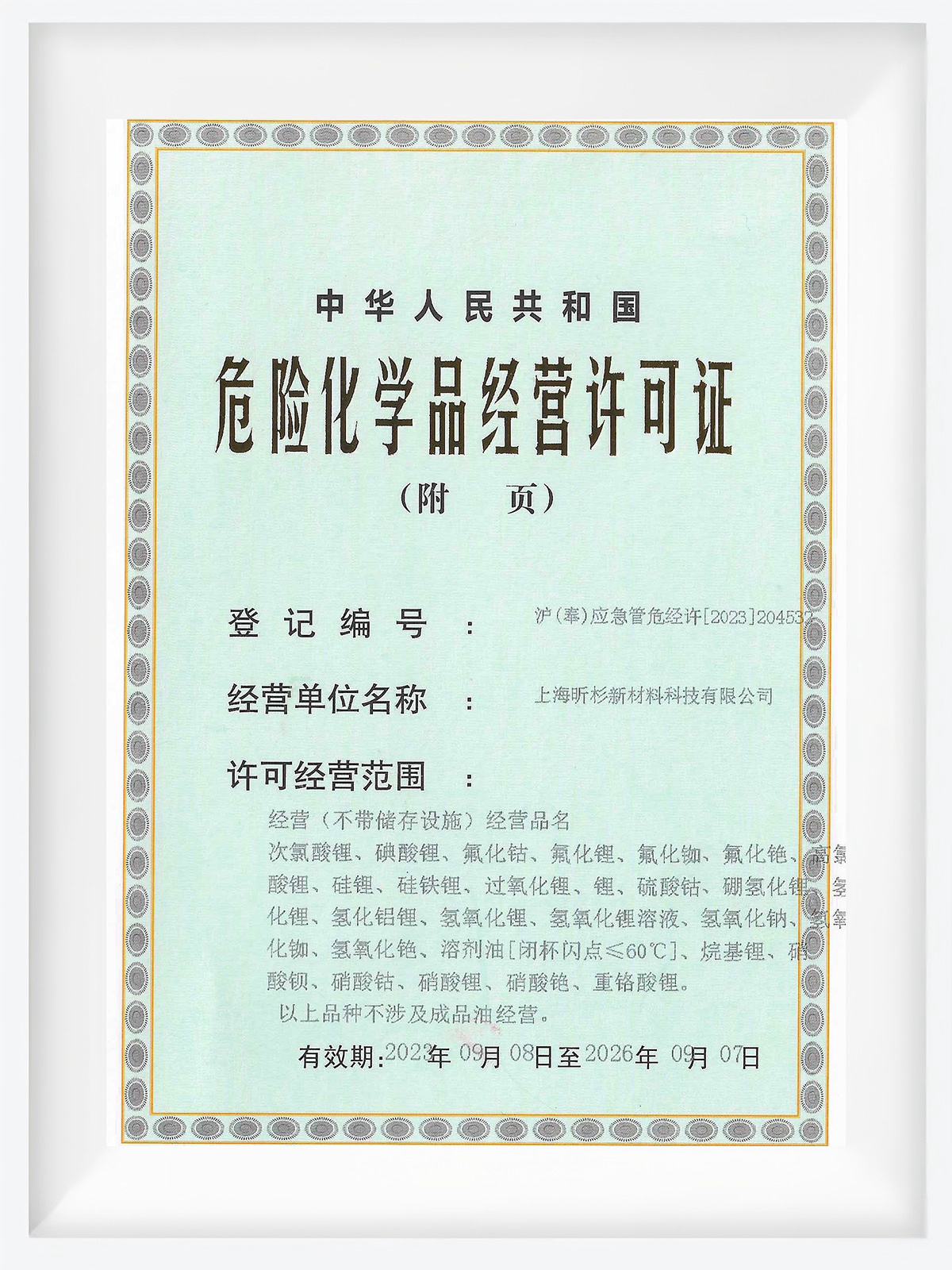
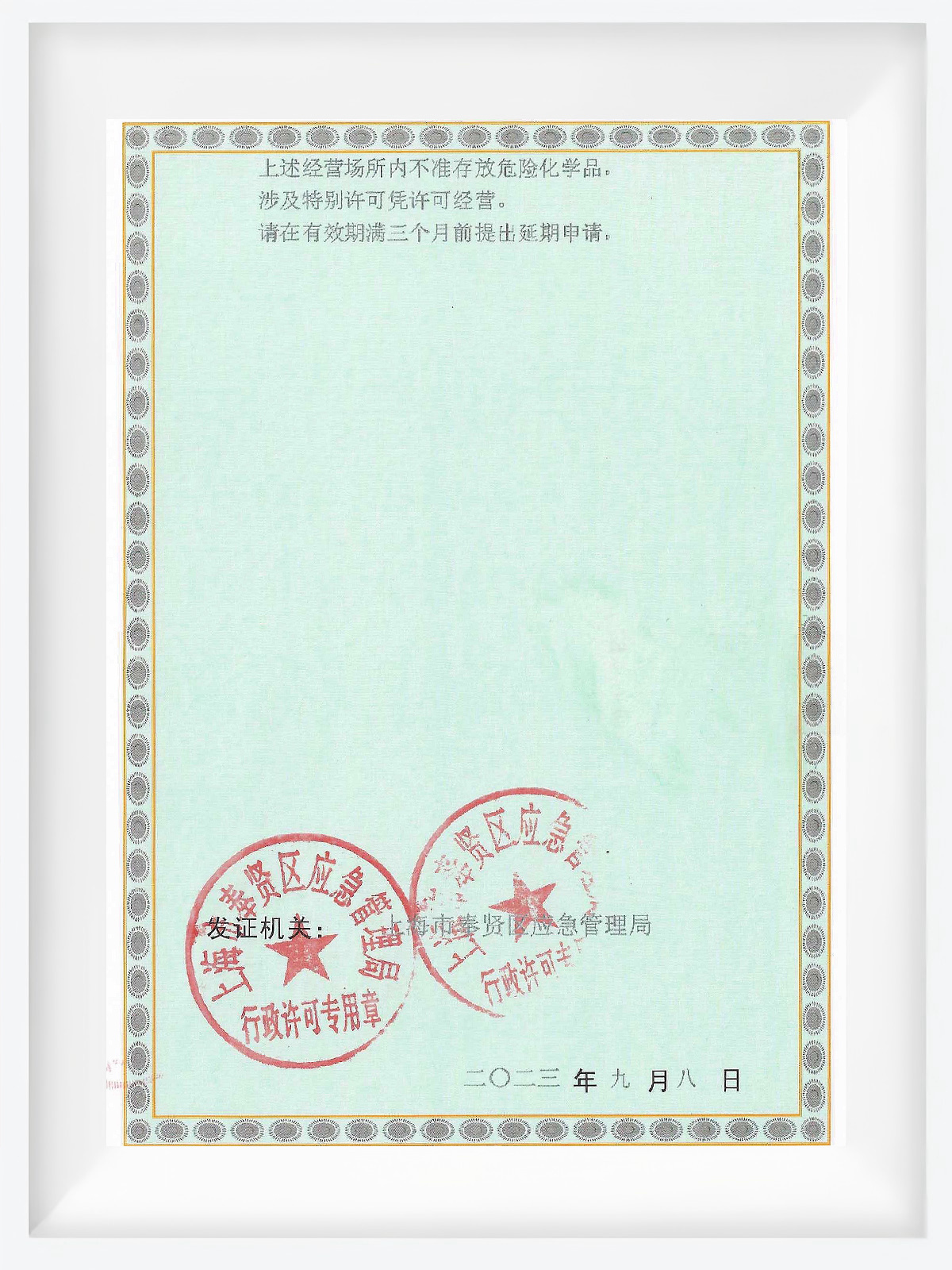
RELATED PRODUCTS

